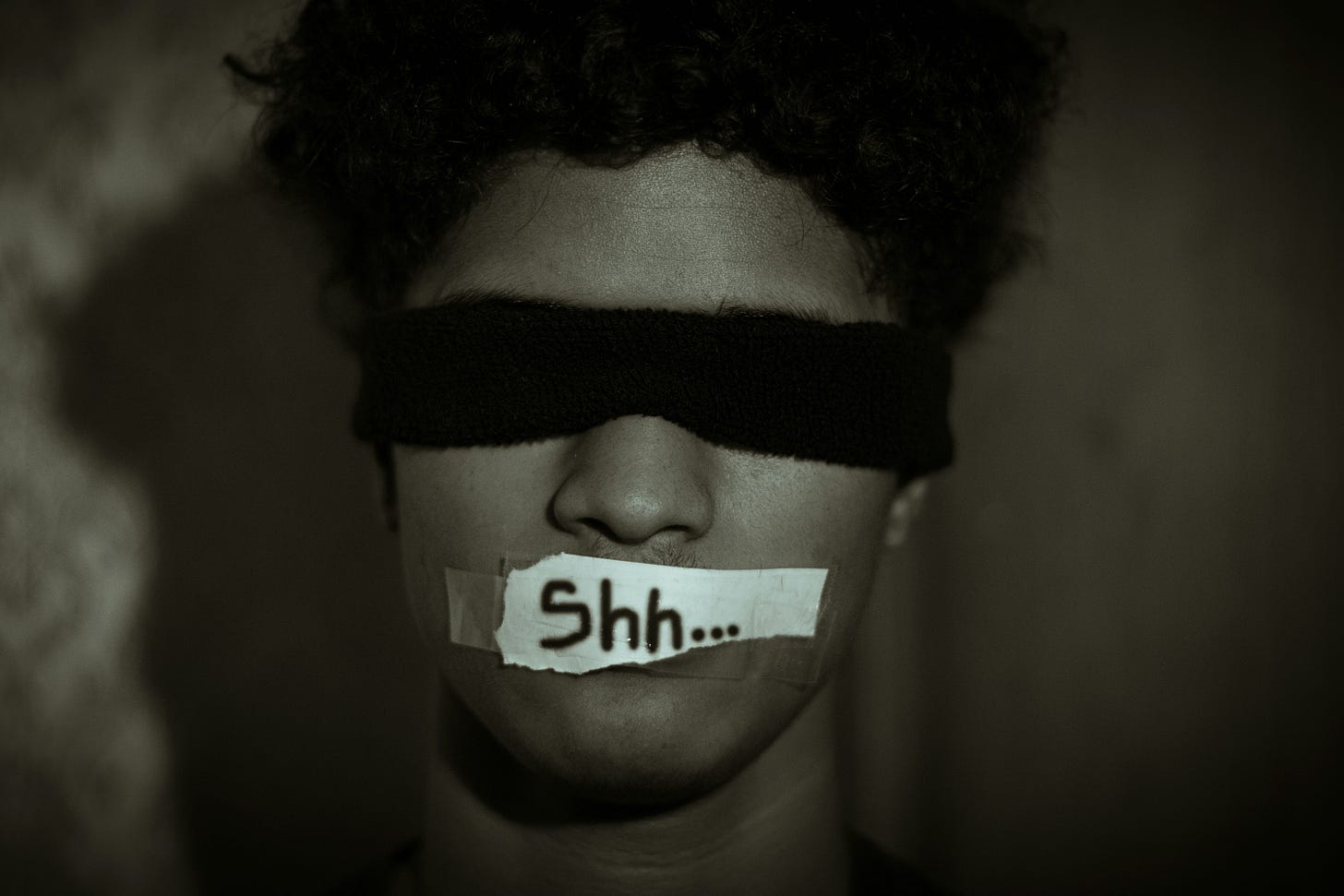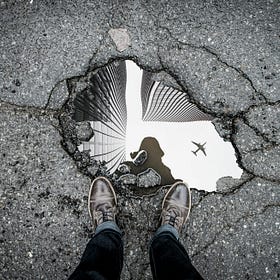From inner conflict to the door of responsibility
Running Home - Step #5
This is one of the most controversial topics I’ve ever faced in my life. It was even harder than saying “I don’t drink alcohol anymore” — something that used to spark heavy conversations, especially in the past. Back then, it triggered mixed feelings in people.
Growing up, I never dared to question my parents.
I knew it wasn’t normal that my father drank heavily and turned our home into a place filled with stress and physical abuse. But I also knew that it happened in other families, too. People in that generation drank a lot.
On the other hand, I didn’t realize that my mother’s responses — her emotional withdrawal, manipulative threats, or threats to kill herself — had nothing to do with me. They were her demons, not mine.
I was raised with sayings that protected parents at all costs:
“They did the best they could.”
“You wouldn’t be here without them.”
“One day you’ll understand why they acted that way.”
“But they’re still your parents.”
Now what?
I felt bad all the time.
I felt guilty.
I felt responsible for their pain, their happiness, their unspoken problems.
I didn’t talk about any of this until I was 22 or 23. I believed I had to accept things as they were. I thought it was normal.
Then, around 24, I started therapy.
That’s when I bought my first real book about life:
“Toxic Parents” by Susan Forward.
Reading it was brutal — but eye-opening. I had never had so many aha moments with a book.
“Guilt is the most powerful tool in the toxic parent's arsenal.”
“You are not responsible for your parents’ emotional well-being.”
“You cannot heal in the same environment that made you sick.”
Those words explained a feeling I had for years — ever since I moved 300 km away from my parents for university (a decision I made on purpose).
Suddenly, I started to feel lighter.
I had fun.
I met people who didn’t see me as broken or wrong.
Yes, my mother still called daily to complain, and yes, the guilt still worked. But now I had contrast, people who treated me kindly, without knowing my past. And they liked me.
Toxic Parents made me ask myself a bigger question:
What other unhealthy patterns or beliefs did I inherit without even realizing it?
On the other hand, I also realized I’m probably not the only one who grew up in difficult circumstances. And I’m not talking about the physical part of the abuse, but more about the emotional part.
It’s invisible, but it’s there.
If you’re not aware, it controls how you move through the world. When I’m walking in the park and see a bench with a group of young people sitting there, they’re not dangerous or anything — but my brain sends me a signal before I even reach the spot:
Turn right! Avoid them before you pass by!
They will go silent and laugh after you pass by!
It’s better not to risk it!
It’s learned insecurity. My subconscious tries to take over the wheel — and if I’m not aware of it, it will succeed.
Read More:
Source:
Forward, Susan. Toxic Parents: Overcoming Their Hurtful Legacy and Reclaiming Your Life. Bantam Books, 1989.



